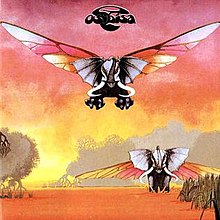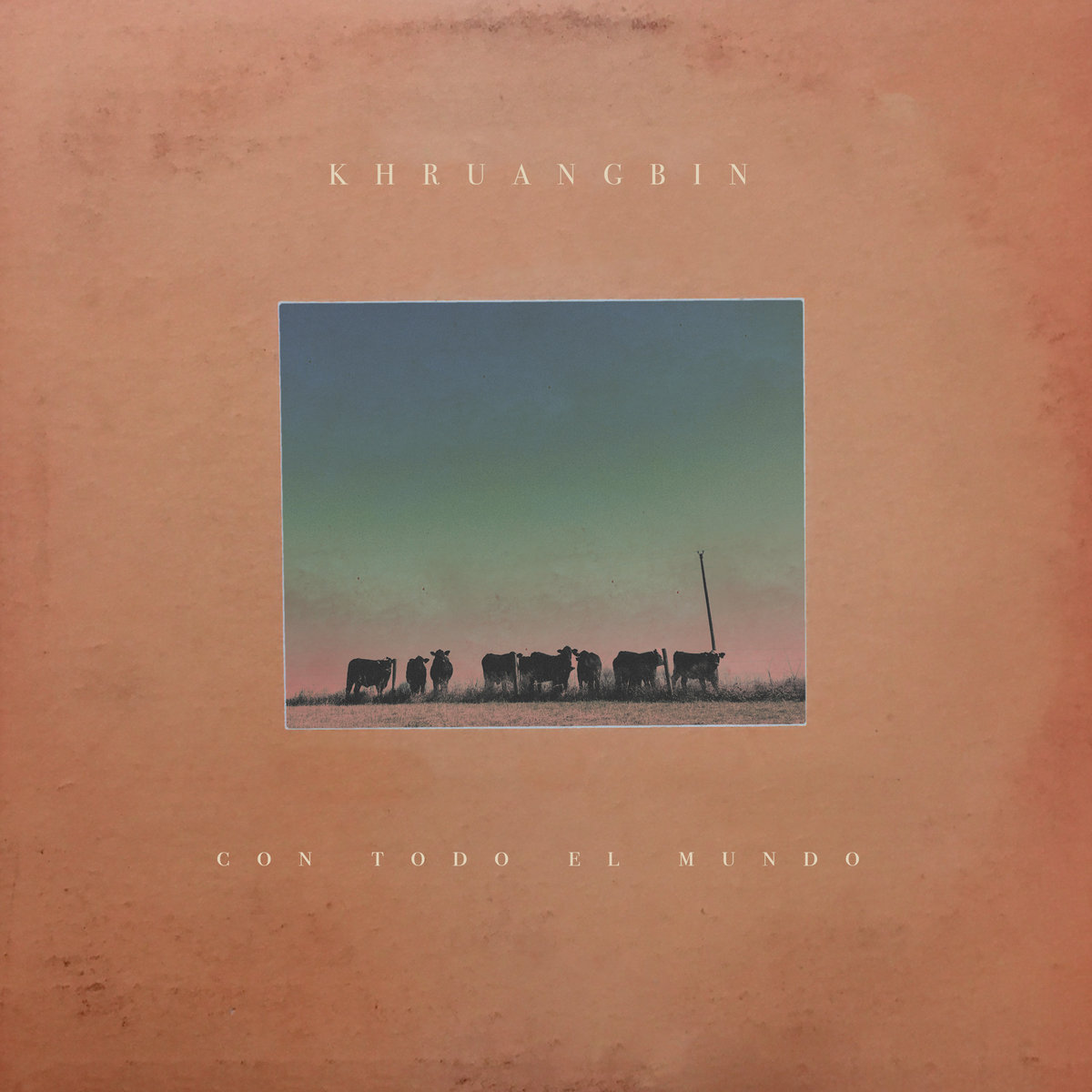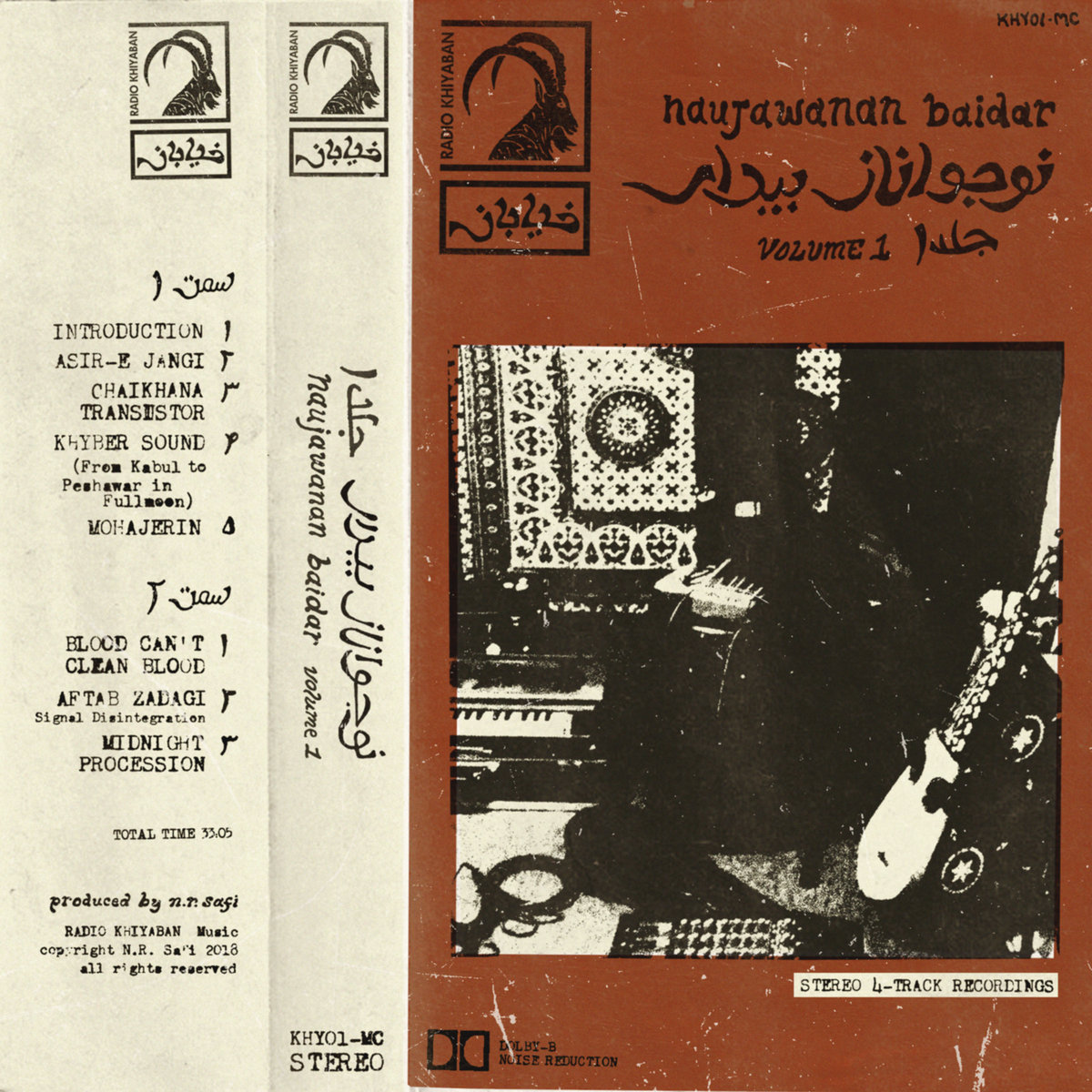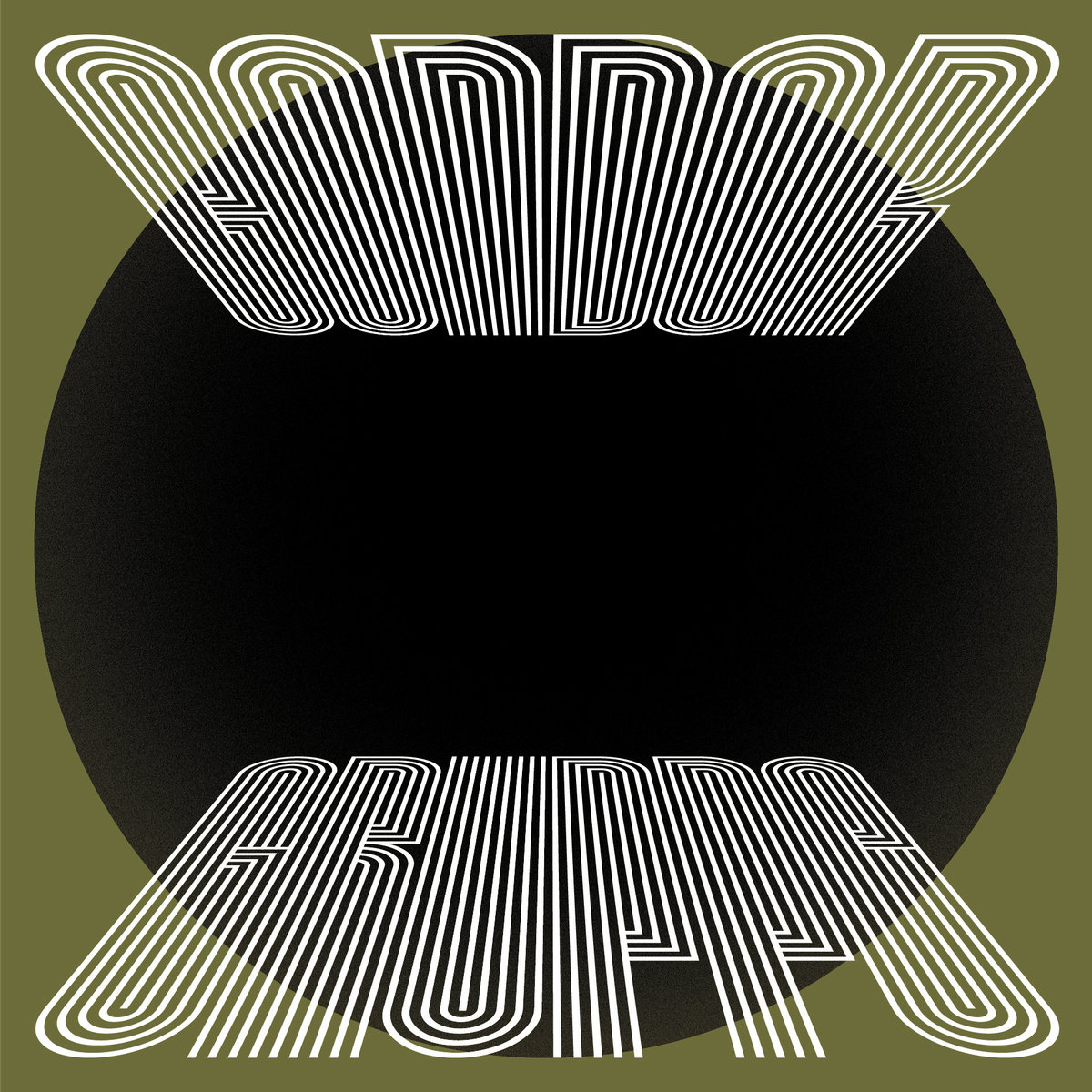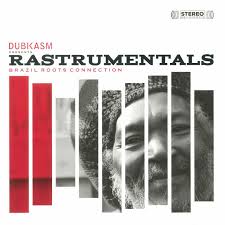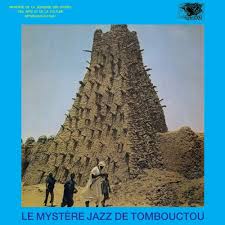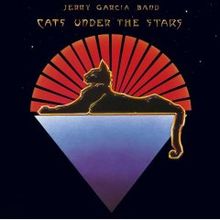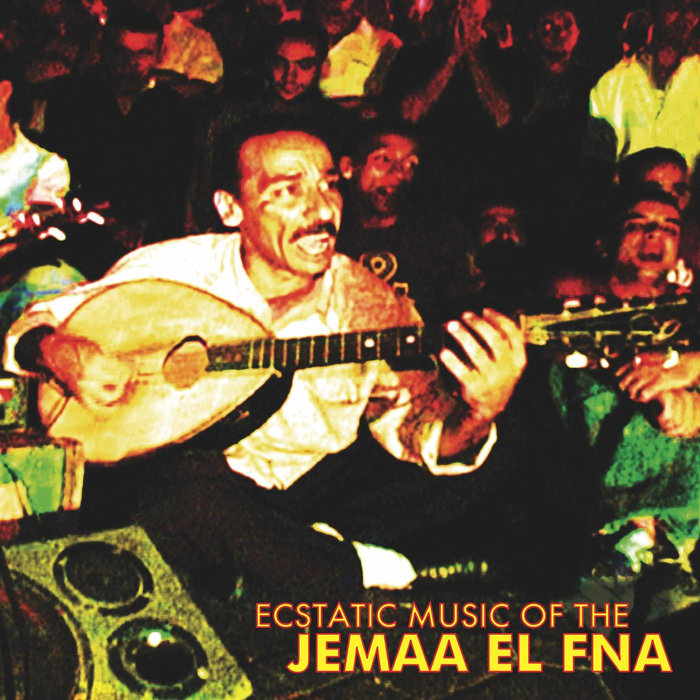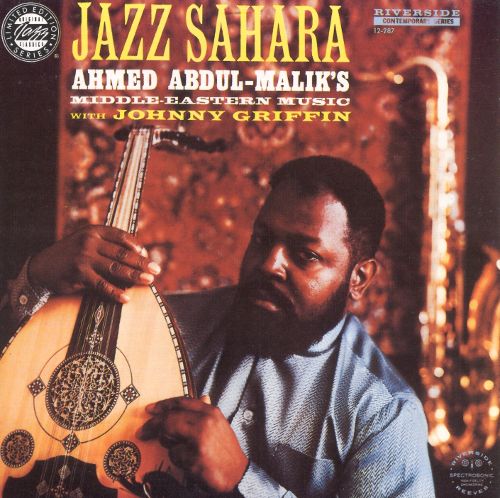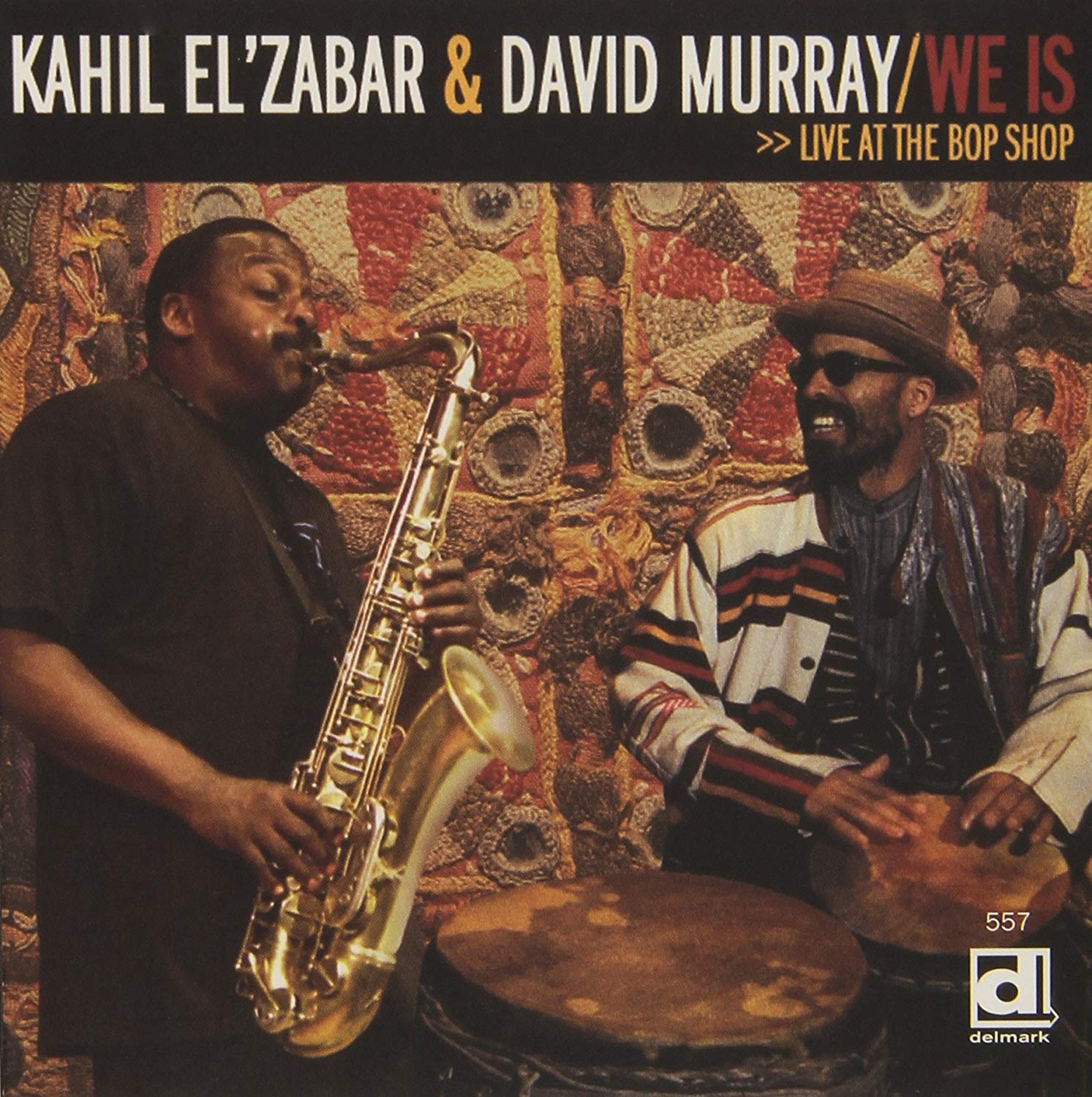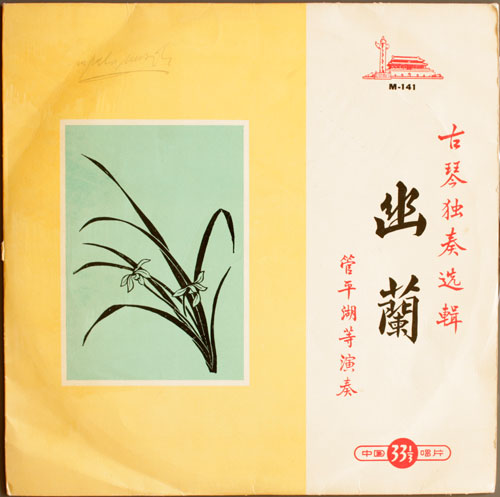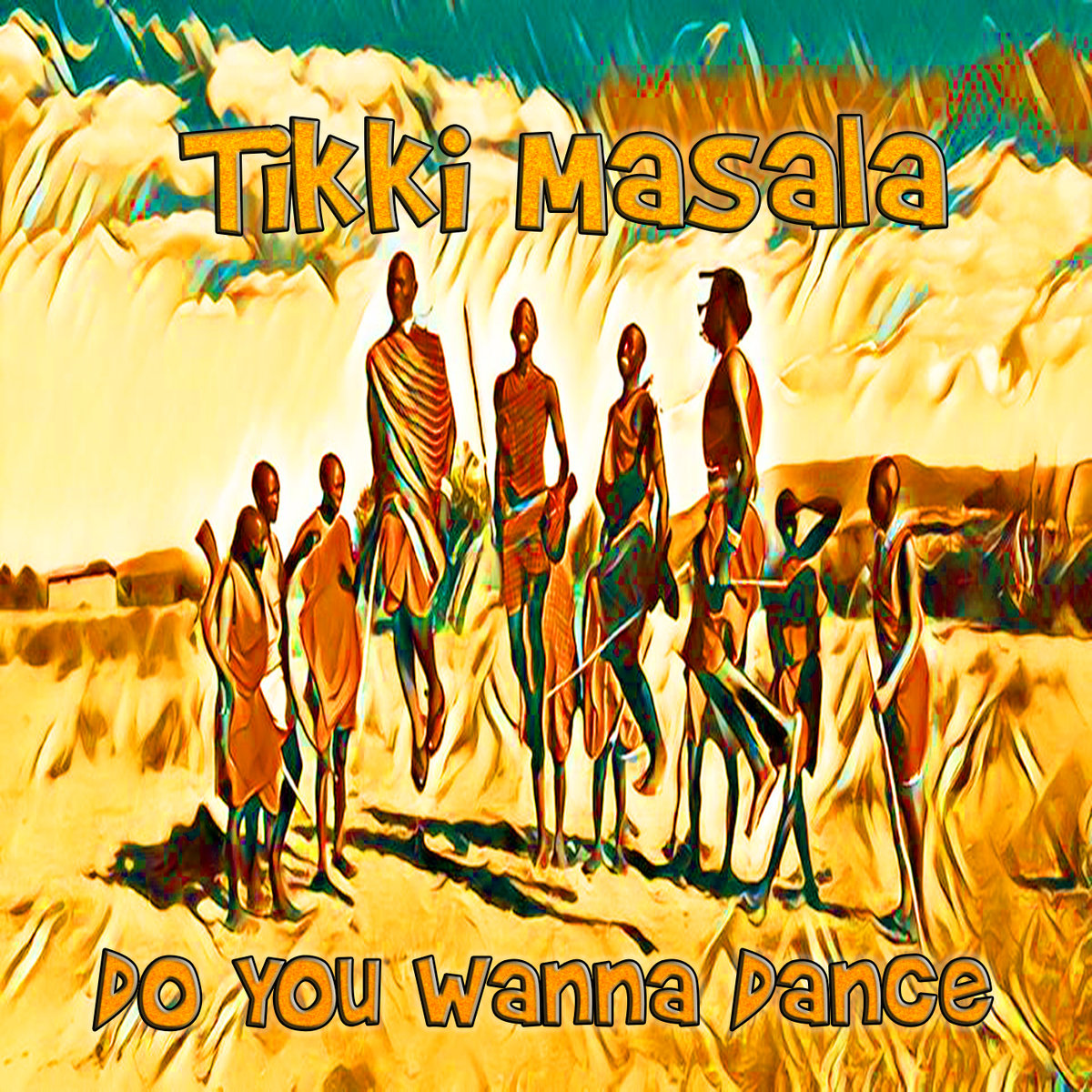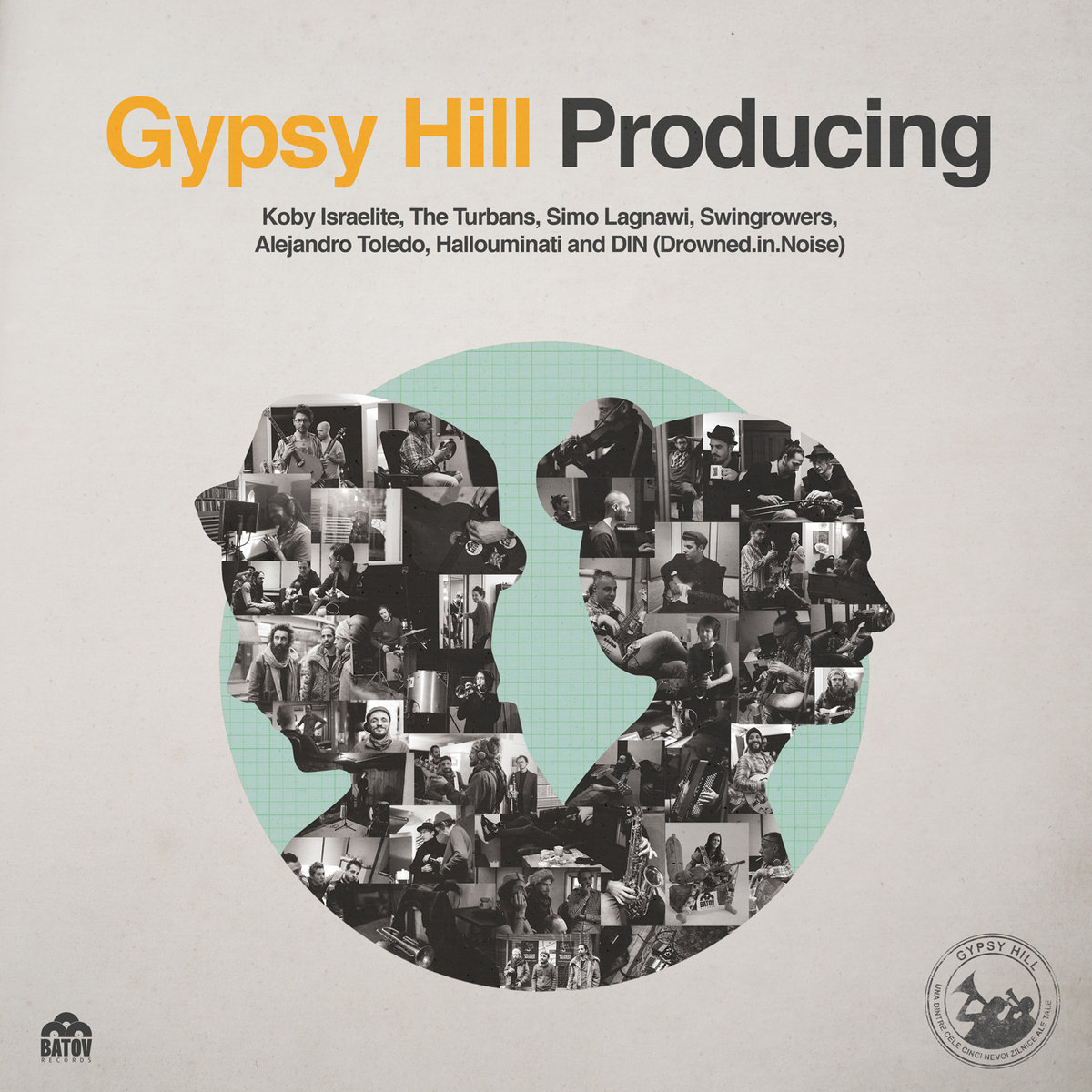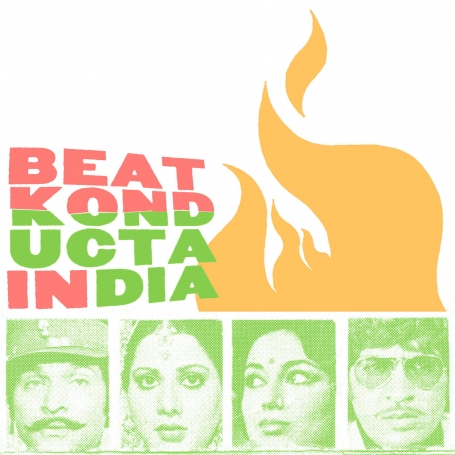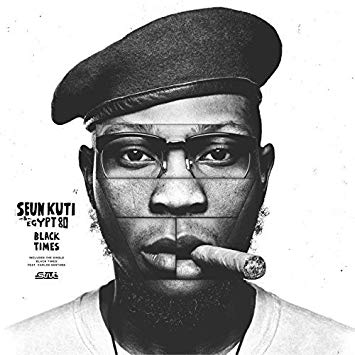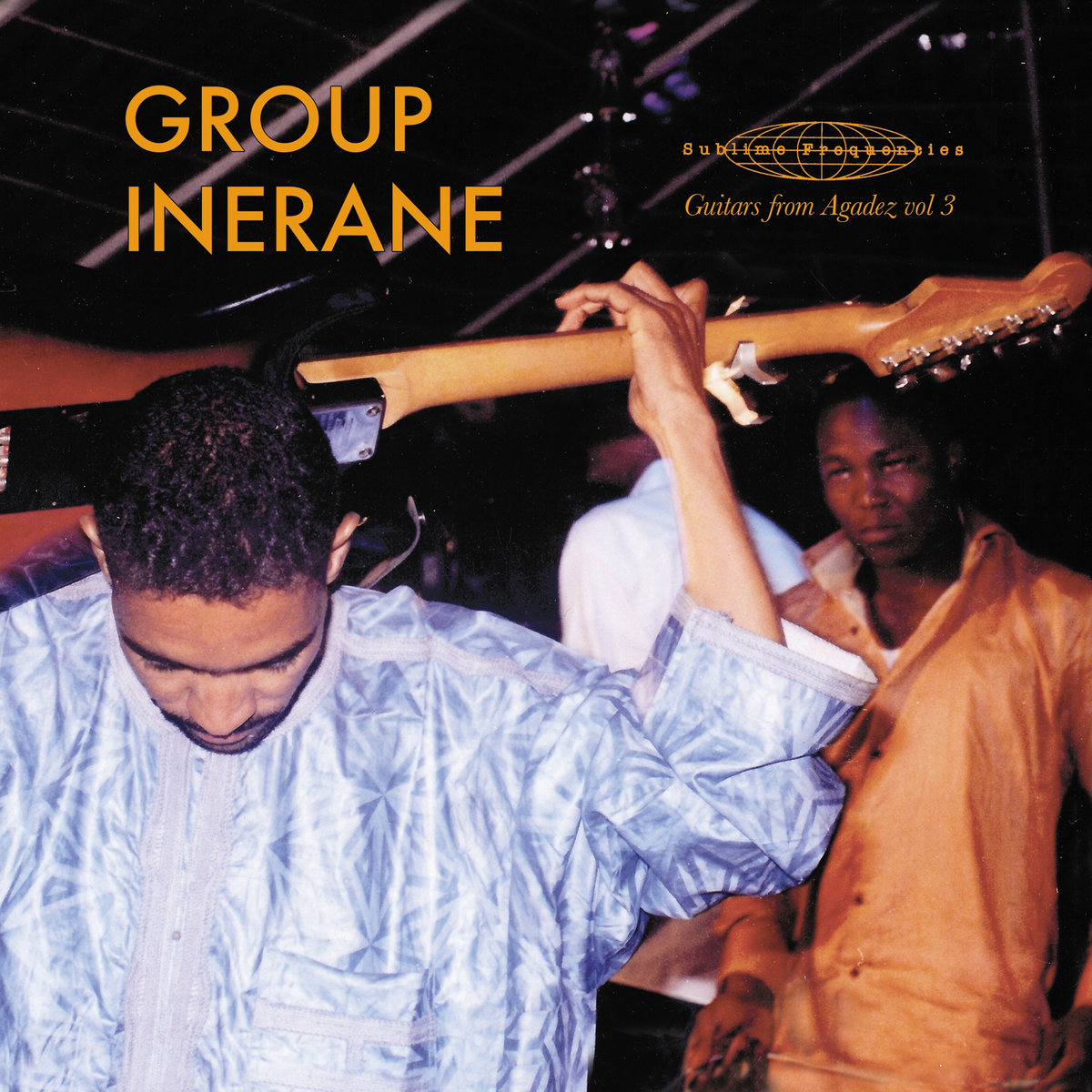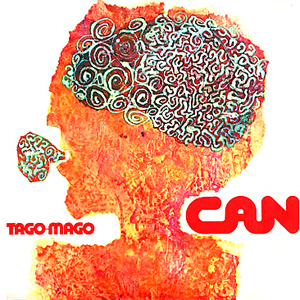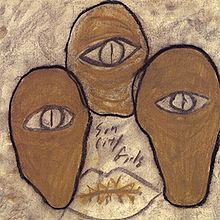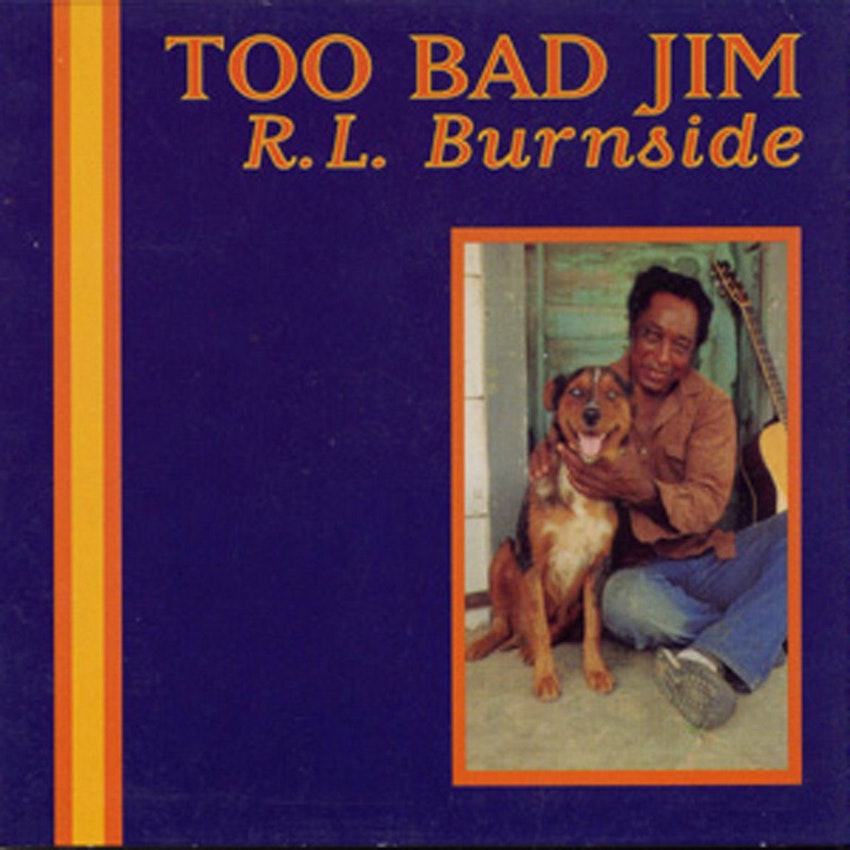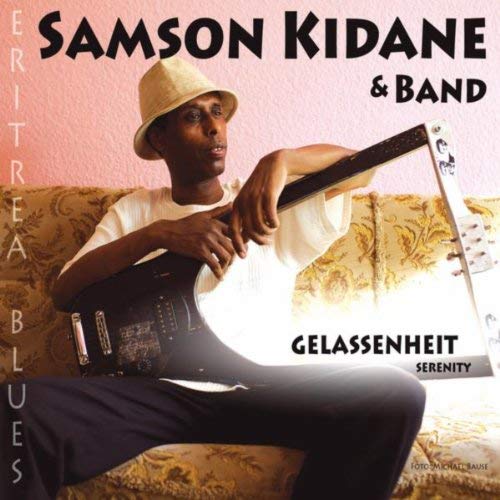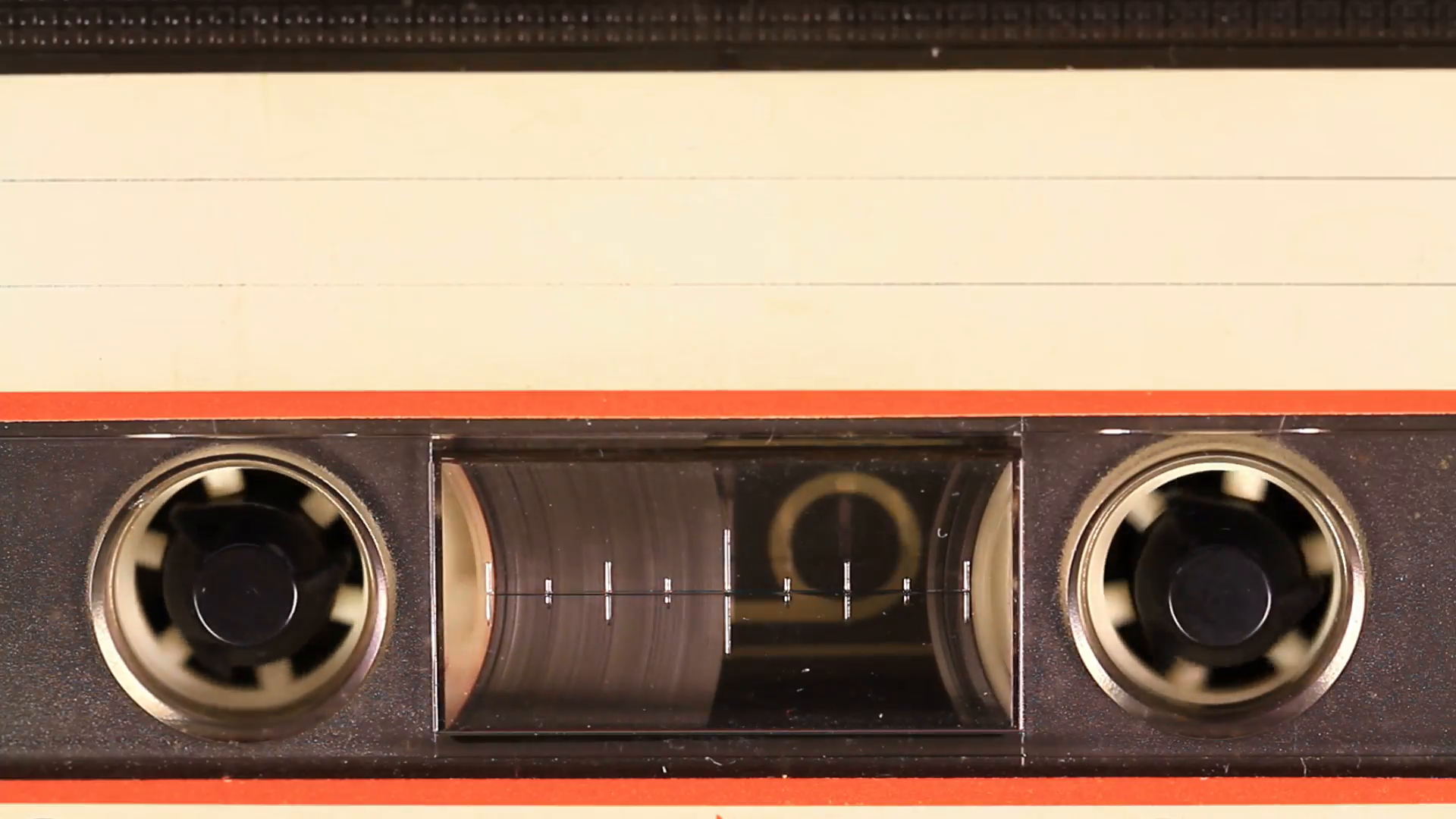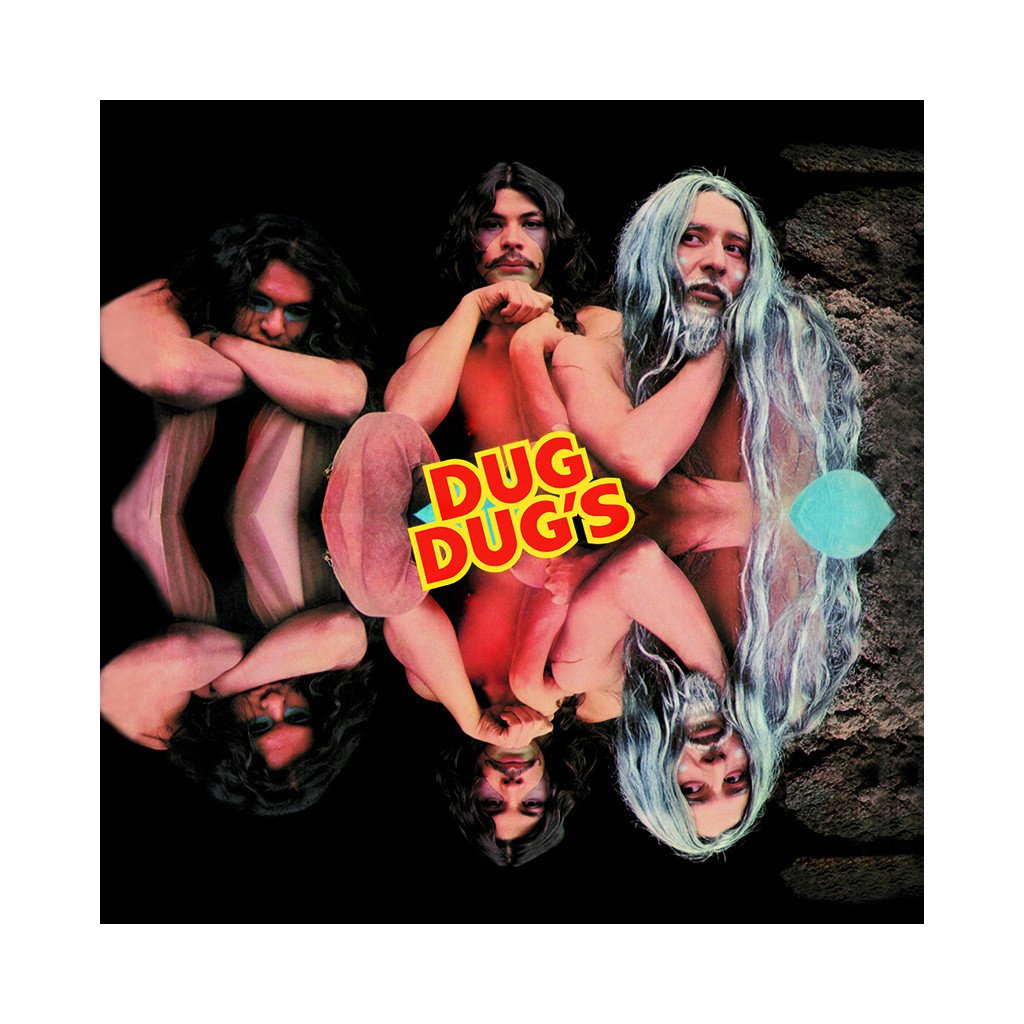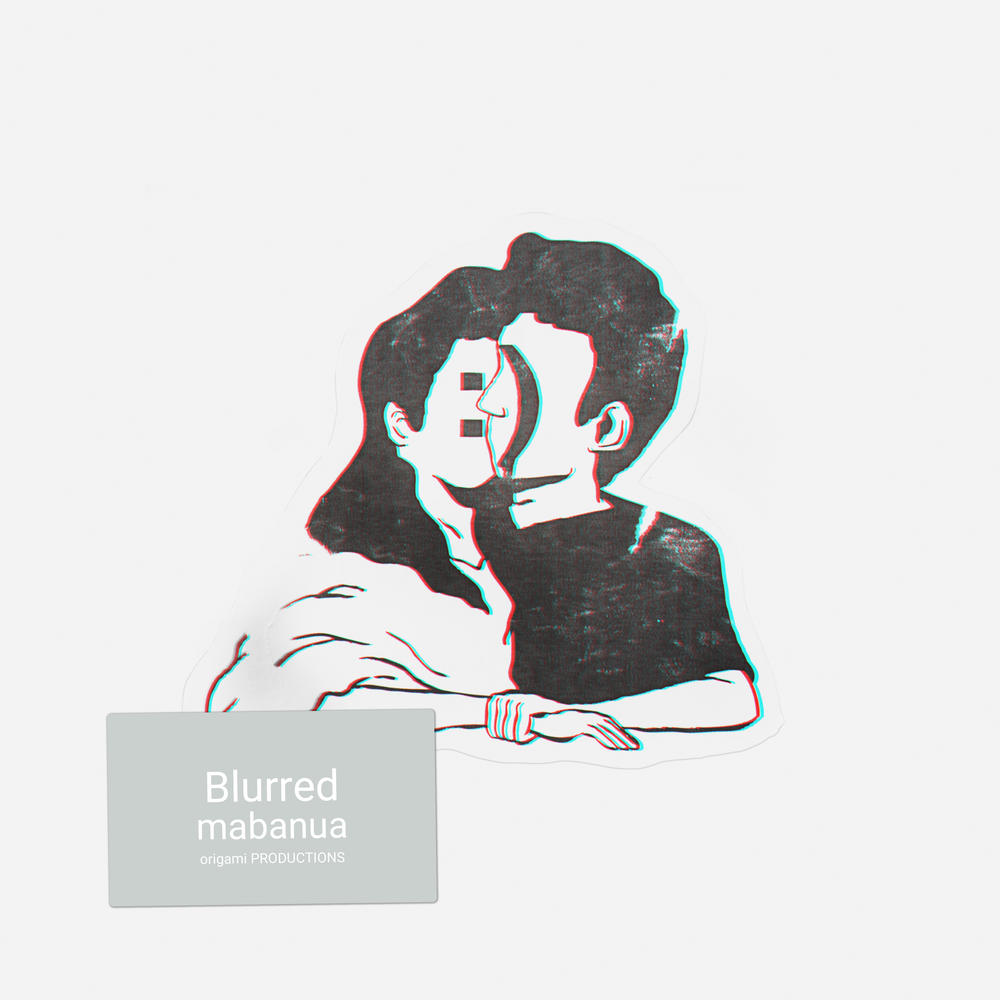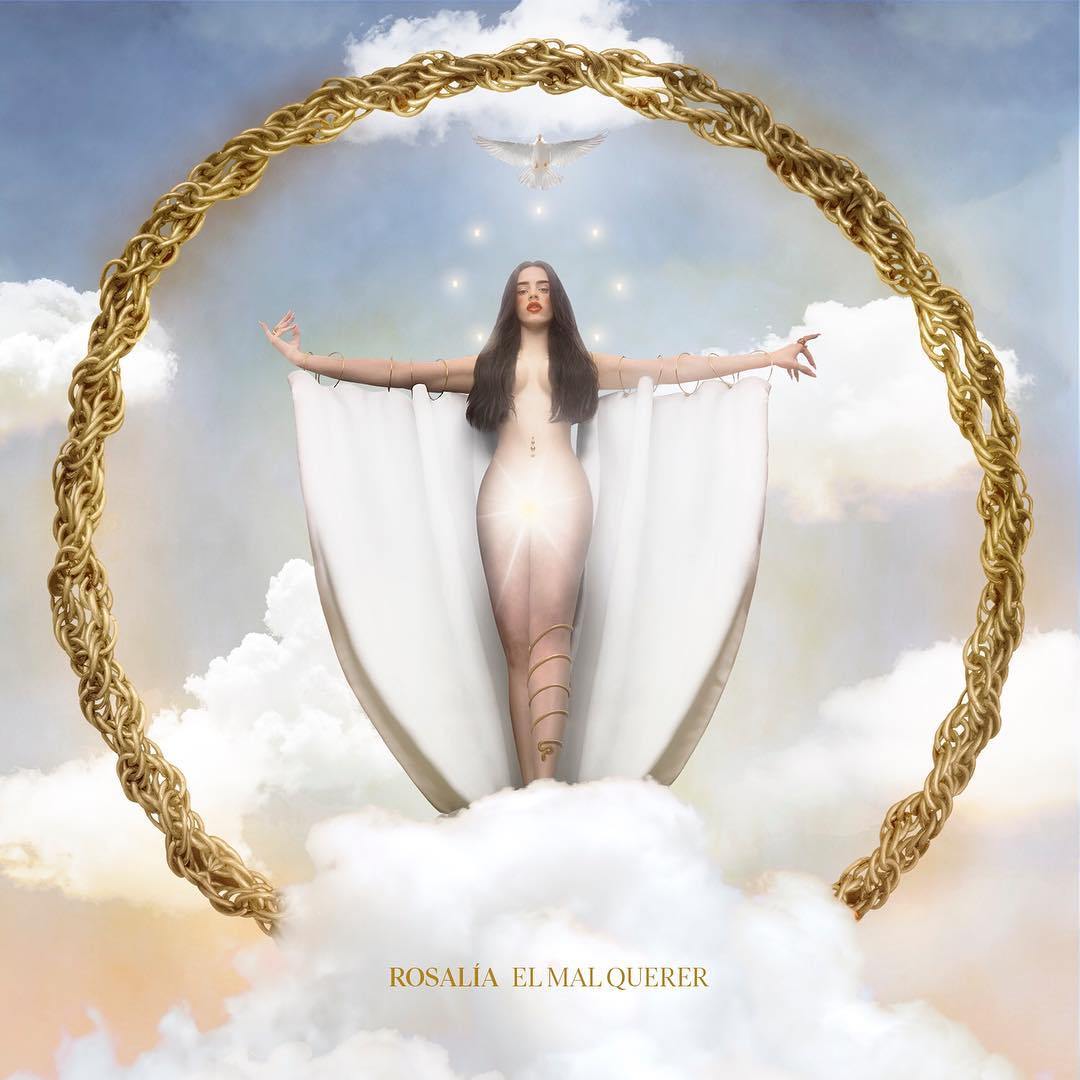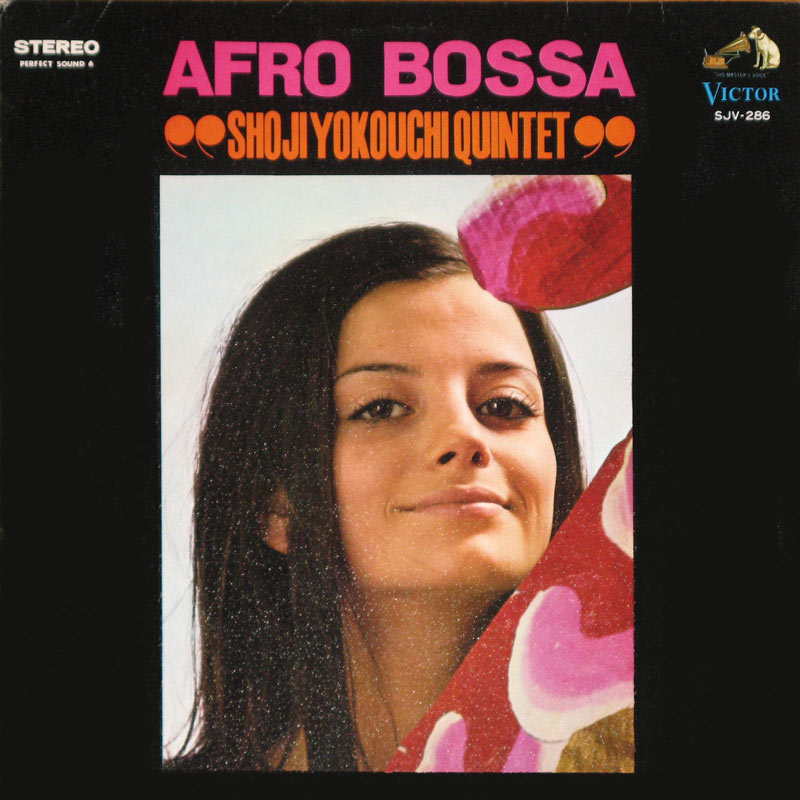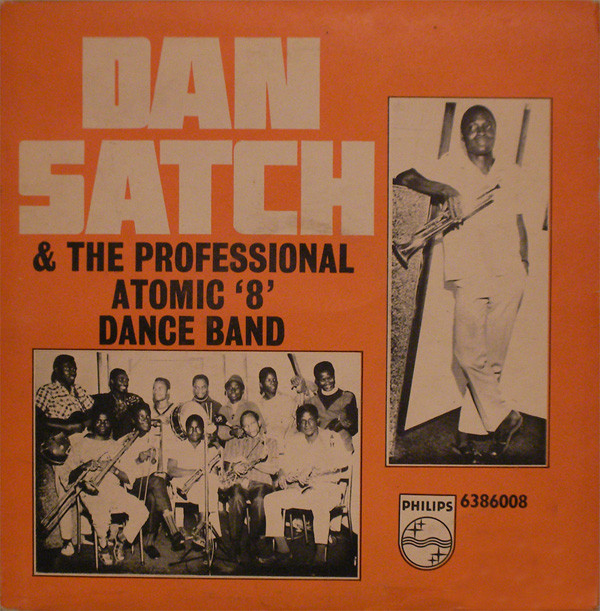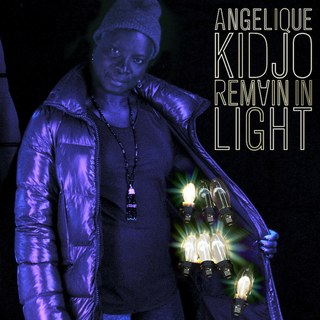Episode 29
Episode 29 was originally posted on December 24, 2018.
Tracklisting:
01) “Music For Gong Gong” by Osibisa.
From the 1971 album Osibisa.
London, UK.
The Pedia tells us: “Osibisa is an Afrobeat band, founded in London in 1969 by four expatriate African and three Caribbean musicians.[1] Their music is a fusion of African, Caribbean, jazz, funk, rock, Latin, and R&B. Osibisa were one of the first African-heritage bands to become widely popular and linked with the establishment of world music as a marketable genre.”
Purchase Osibisa music at Amazon.
02) “Maria Tambien” by Khruangbin.
From the 2018 album Con Todo El Mundo.
Houston, TX, USA.
Khruangbin is an instrumental trio focusing on different areas of “world music.” Their first album he Universe Smiles Upon You drew heavily from Thai music while this newer album Con Todo El Mundo explores influences from Spain and the Middle East
03) “Chaikhana Transistor” by Naujawanan Baidar.
From the 2018 album Volume 1.
Tucson, AZ, USA.
Naujawanan Baidar (Farsi for Enlightened Youth) is the new project of N.R. Safi from the American sunbaked Southwest psych-rock group The Myrrors explores his Afghan roots on this new engaging release. Sounds float in and out in a haze while Safi explores Middle Eastern rhythms. "The idea for Naujawanan Baidar evolved pretty naturally from the music I was listening to and playing in my spare time away from The Myrrors, but I would say that it really became a serious project after my grandmother gave me my grandfather's old cassette collection from Kabul," Safi reflects.”
04) “Saraba” by Condor Gruppe.
From the 2018 album Interplanetary Travels.
Antwerpen, Belgium.
Imagine an instrumental band playing something between Krautrock, Afrobeat, funk, soul, and Spaghetti western soundtracks with sitar. The band describes itself this way: “Like a little child that pulls his balloon back to earth and continues walking around, exploring. That is Condor Gruppe music...”
05) “Delta Blues” by Dubkasm.
From the 2018 album Rastrumentals.
Bristol, England.
06) “Leli” by Le Mystère Jazz De Tombouctou.
From the 1977 album Le Mystère Jazz De Tombouctou.
Mali.
From the Light in the Attic reissue page: “In 1977 the Malian government funded a series of LPs through it’s Mali Kunkan label . . . this was a time the electric guitar was being fully embraced by the players in this West African region. The guitar is especially prominent on this record, often taking place as the central instrument next to the vocals. The album features 6 beautiful songs, some reaching 10 minutes in length – all bridging the modern sounds being explored at the time with traditional rhythms and tunings. This is yet another example of the depth and beauty to be heard in the rich music from this incredible country – past and present.”
Soul Safari says:
“The LP ‘Le Mystère Jazz de Tombouctou’ is without doubt the most precious, vital, curious and most sought after Malian album from the seventies and is now being re-released by the Dutch Kindred Spirit label.
The Kunkan (Voices) label was established in 1975 by Malian Minister of Culture Youssouf Traore to capture the music of several orchestras from different regions of Mali. Technician Bouboukar Traore proved himself a master in the recording phase when he placed the four microphones and recorded the instruments, particularly the congas.
It is hard to believe that a bunch of electricians, policemen, social workers, a nurse and a bassist / customs man were capable of creating this kind of musical landmark.”
Use the interactive map to see where the artists we play are from. To see different episodes, visit here (Google Maps will only allow 10 layers per map). This week’s artists are noted by green map points. To highlight different episodes, use the little window/toggle thing in the upper-left corner.


